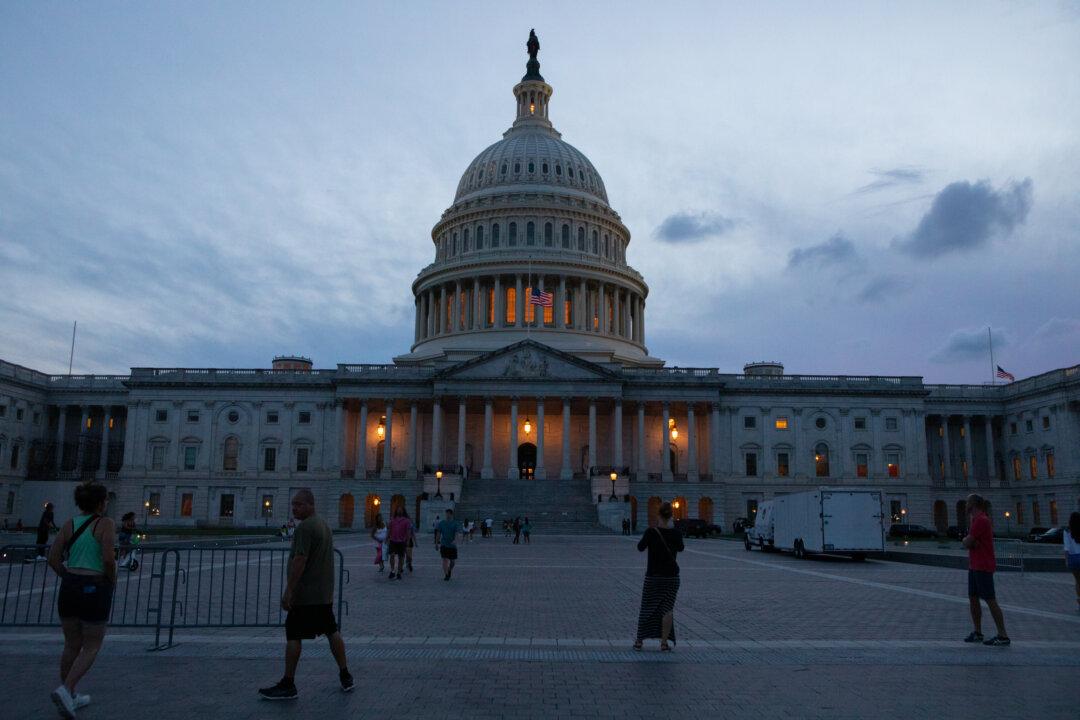Commentary
We are once again in the silly season. The elite propaganda media and its Democrat allies are convincing themselves that a dramatic turn is coming.

We are once again in the silly season. The elite propaganda media and its Democrat allies are convincing themselves that a dramatic turn is coming.